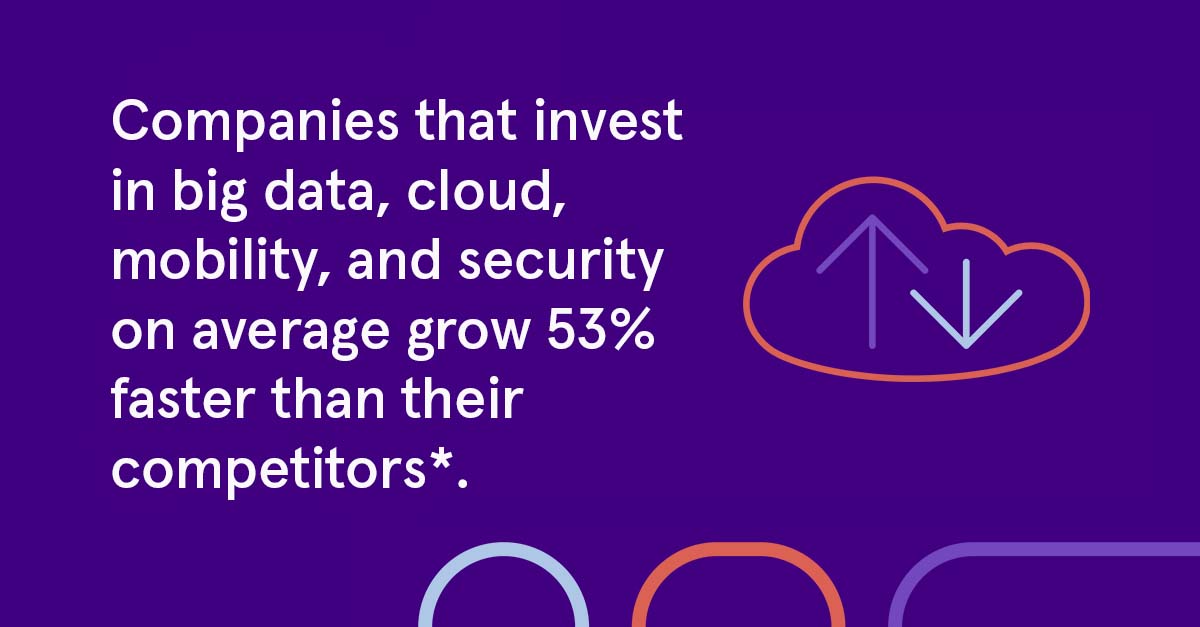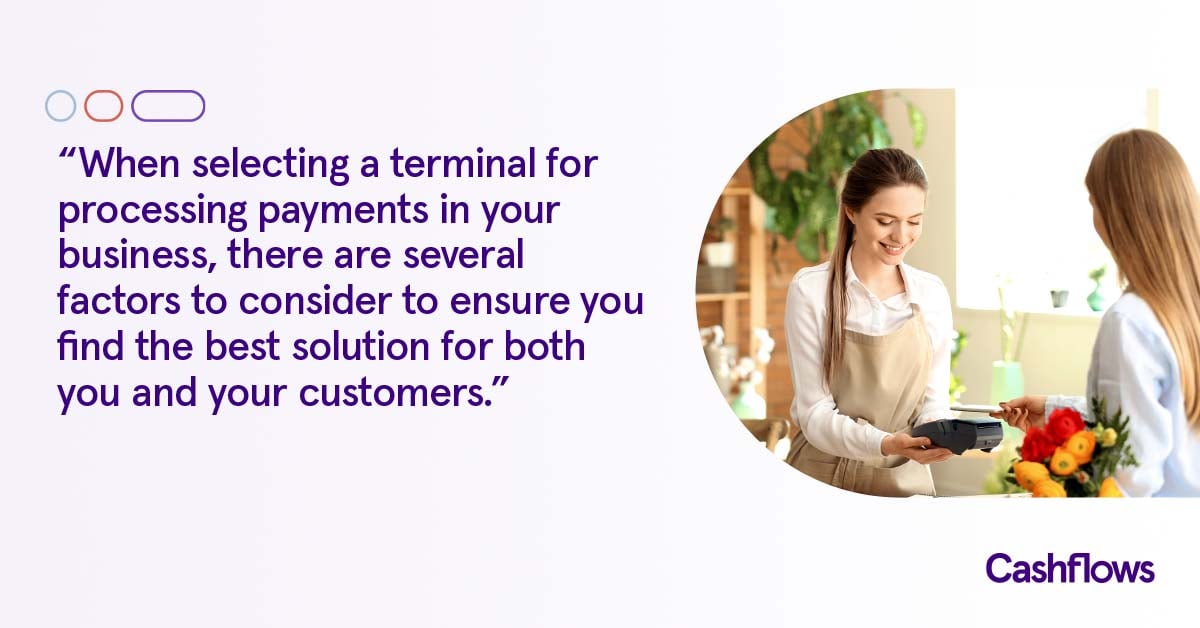With the reveal that GCHQ, MI5, and MI6 are looking to host their classified material on AWS, Amazon’s cloud computing arm, the cloud has come under scrutiny in the media1. Whilst this sparked debate about the privacy and sovereignty implications of Amazon (a non-British company) hosting information that is integral to the security of an entire country, this exemplifies the increasing adoption of the cloud for data storage, transmissibility, and tech builds. From 2020, The European Parliamentary Research Service found that cloud storage would overtake device storage to become the primary data storage solution worldwide and the International Data Group found that 69% of businesses are currently already using some form of cloud technology2 - so why is the cloud so popular?
1. Scalable & Optimised
Though the cloud has been around for almost as long as the internet, it is only in recent years gained popularity as the solution to the difficulties in storing the large amounts of information, programmes, and systems created by society’s digital transition on in-house servers3. The cloud is instantly scalable, providing businesses with the flexibility to quickly meet customer or industry demands – enabling more bandwidth instantly to store more data or run more programmes4. Cloud-based and native software can be automatically updated, meaning that the technology remains optimised and can meet changing requirements with little to no downtime and less work for in-house teams5.
2. Reliable & Secure
In-house data security is vital to maintain customer trust, data compliance, and reduce fraud; tricky when a high percentage of data thefts occur internally by employees6. Whereas the security of data in-house is often managed by IT teams whose time is split between numerous tech tasks, a cloud host monitors security 24/77. The offsite nature of storage means that sensitive data cannot be accessed without clearance and logins that can be tracked. 94% of businesses asked said they saw an improvement in security after switching their data storage to the cloud, with 91% stating that the cloud makes it easier to meet compliance regulations8.
Off-premises cloud infrastructure experiences 60% fewer security incidents than data centres9.
Cloud-stored data and tech is also not reliant on hardware, meaning it is far less likely to lose your data. Computers and hard drives can malfunction for numerous reasons, from viral infections to age-related hardware deterioration to user error and are also prone to being lost or stolen10.
3. Collaborative & Accessible
Cloud-stored data can be accessed from anywhere with an internet connection and on any device, making remote working easy and ensuring that employees can respond quickly to problems, no matter where they are. This also leads to easier and faster cross-border sharing of data, which is especially key to facilitating quick payments for global businesses11.
As the cloud is mobile, it also makes everything stored on it easily collaborative whilst keeping it secure. Rather than sending multiple versions of a document multiple times to get everyone’s input on it and then having to compile it all together, everyone can simply work on one document that can be found in one place. This makes it far easier to establish one official version of systems, data, and documents for your company, maintaining consistency in data, avoiding human error, and having a clear record of revisions or updates.
Companies that invest in big data, cloud, mobility, and security on average grow 53% faster than their competitors*12.
It’s not difficult to see why, with cloud tech creating greater efficiency and enabling better customer experiences but…
What makes a cloud-native payments provider better for your business?
A cloud-native fintech has created their tech stack in the cloud, meaning that cloud technology runs through every inch of it. There is no need for complex integrations or data transfers between cloud-based and in-house servers because it is and always has been in the cloud. This means that processes work as fast as possible, with instant communication between systems, facilitating real-time insights into your payments data, an instant view of every single payment and its processing, and faster settlement times. New additions or updates to the tech stack can be automatically enabled without requiring complex development, saving your business time and money. This ensures that as your business grows, your payments provider can also grow with you, providing you with the capability to continue to take on new customers and process more transactions without worrying about the need for complex tech additions resulting in downtime.
Cloud-native technology also means that your payments process can be extremely adaptable, supporting your own customers’ needs and empowering you to enable new customer experiences. Tech built in the cloud can be seamlessly connected to other cloud tech, meaning that adding options like Apple Pay and Google Pay or plugging in to easy shopping cart options like Magento or Big Commerce is easy and fast. This adaptability means that necessary updates to keep in line with changing compliance requirements can be implemented with minimal downtime and disruption, ensuring that your business doesn’t miss out on any sales opportunities.
What about cloud-based or cloud-stored payments?
Payments providers that only use cloud storage or that are partially cloud-based have systems reliant on legacy technology. These old-school, clunky tech stacks require complex integrations to enable them to communicate and often result in having to access payments data across different dashboards for newer and older systems, along with much slower reporting and processing13. It can also take months for these businesses to integrate new developments or make changes (updates and fixes) due to the complex builds required and the challenge of then integrating them across different systems.
In 2021, only 30% of new digital workloads were deployed on cloud-native platforms14.
Cashflows’ tech is cloud-native, providing our customers with cutting-edge payments technology that can be easily integrated, accessed, and run, whilst minimising down-time and risk. Contact us to learn more about how we can revolutionise your experience of payments for your business.
Sources:
**2 European Parliament; Salesforce
4 Salesforce; Finextra; Finextra
9 Pymnts
10 Salesforce
*12 Salesforce
14 Gartner


